Access to safe and sufficient drinking Water, Sanitation, and good Hygiene (WASH) facilities in schools play a crucial role in preventing numerous diseases, improving the learning environment in schools, and creating resilient communities living in a healthy environment. This study in Nepal explored the impact of combining WASH facilities on students’ health status, school attendance, and educational achievements [1].
A total of 24 participants, 16 students, and eight teachers were interviewed; data were audio recorded and analyzed thematically. Some of the results suggest that school-WASH facilities have a significant impact on students’ health and well‐being. Poor school‐WASH facilities hindered students’ school attendance, particularly for menstruating girls. School without separate toilets for girls, including menstruation hygiene facilities, lack of water and soap, sanitary pad, and secure toilet’s door often have higher rates of absenteeism among girls. It is important to note that inadequate WASH facilities affect not only students, but also teachers in the same school. The latest paper conclude that a lack of safe and sufficient drinking water, unimproved sanitation, and poor hygiene facilities were seen by students and teachers as reducing their health and well‐being, school attendance, and academic performance. Schools needs to provide better WASH facilities for the benefit of students’ health, attendance, and educational proficiency.
This is a follow-up from an earlier paper on the effect on educational achievement in the same population [2].
Prof. Edwin van Teijlingen
Centre for Midwifery & Women’s Health
References:
- Sharma MK, Adhikari R, Khanal SP, Acharya D, van Teijlingen E. (2024) Do school Water, Sanitation, and Hygiene facilities affect students’ health status, attendance,
and educational achievements? A qualitative study in Nepal. Health Science Reports; 7:e2293. https://doi.org/10.1002/hsr2.2293 - Sharma, M., Adhikari, R., van Teijlingen, E., Devkota, B., Khanal, S. (2024) Improved Water, Sanitation and Hygiene Facilities at School and their Effect on Educational Achievement in Basic Level Students in Nepal, International Journal of Health Promotion & Education (accepted). https://doi.org/10.1080/14635240.2024.2314459.
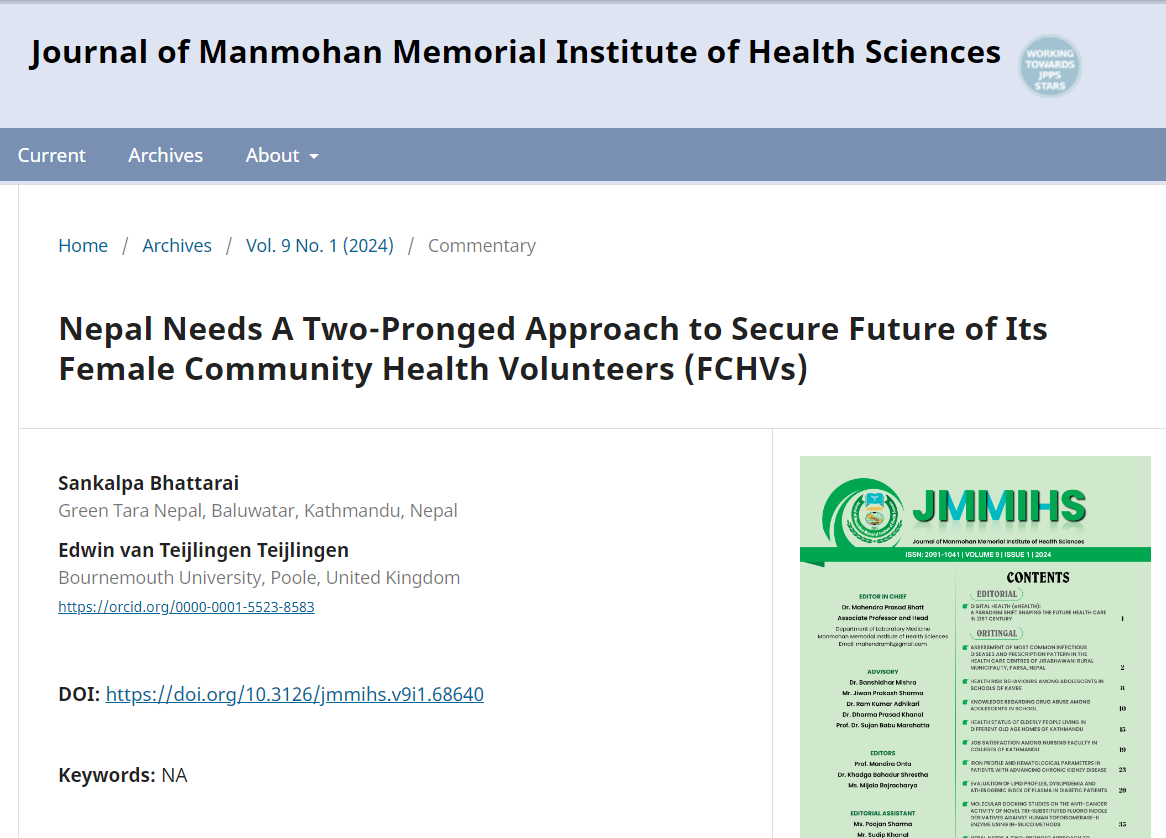

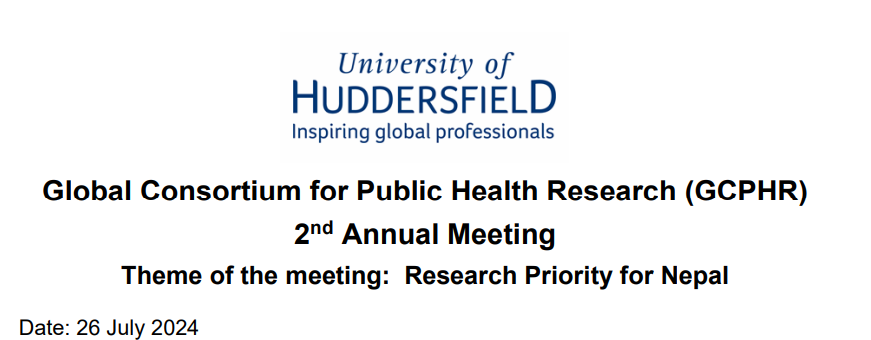
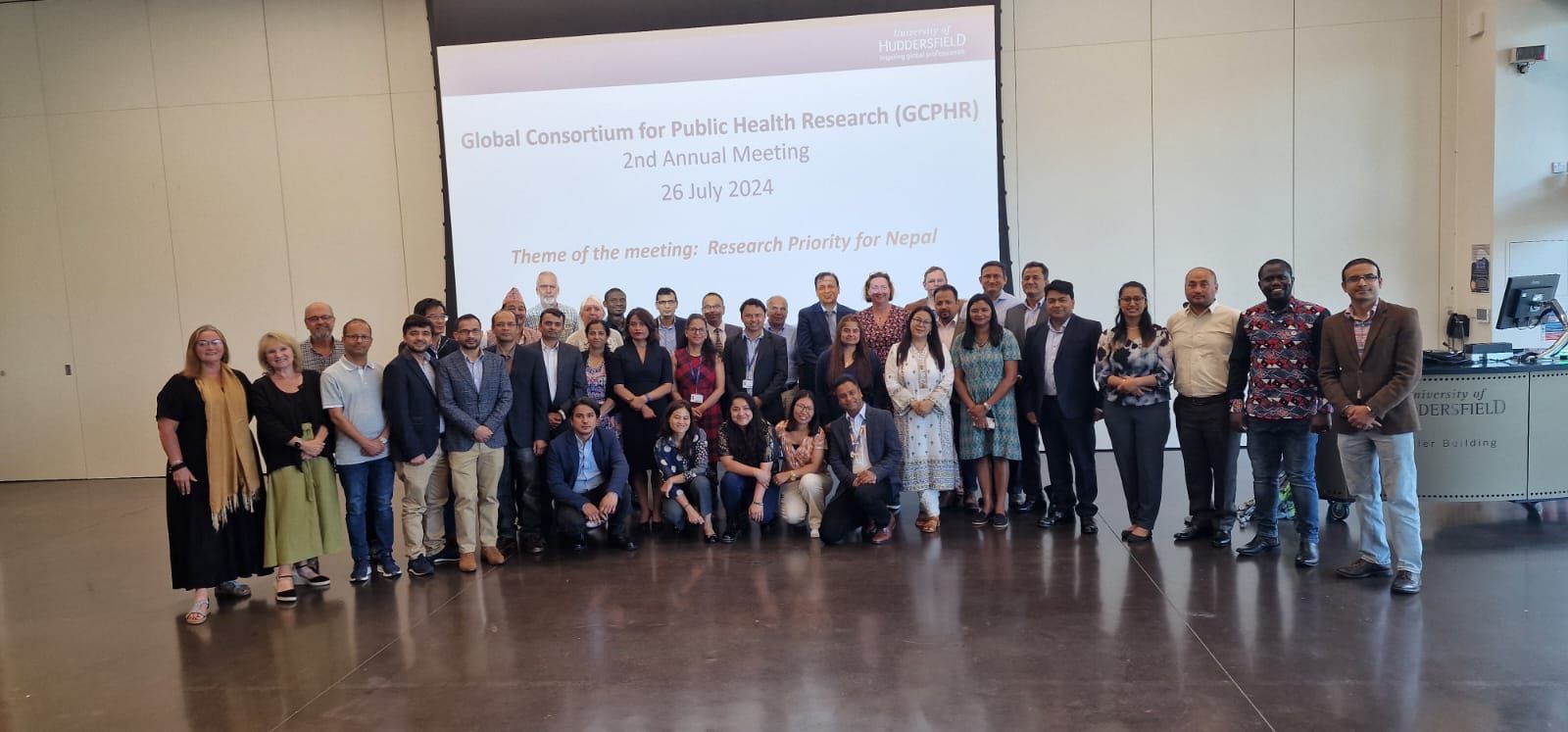
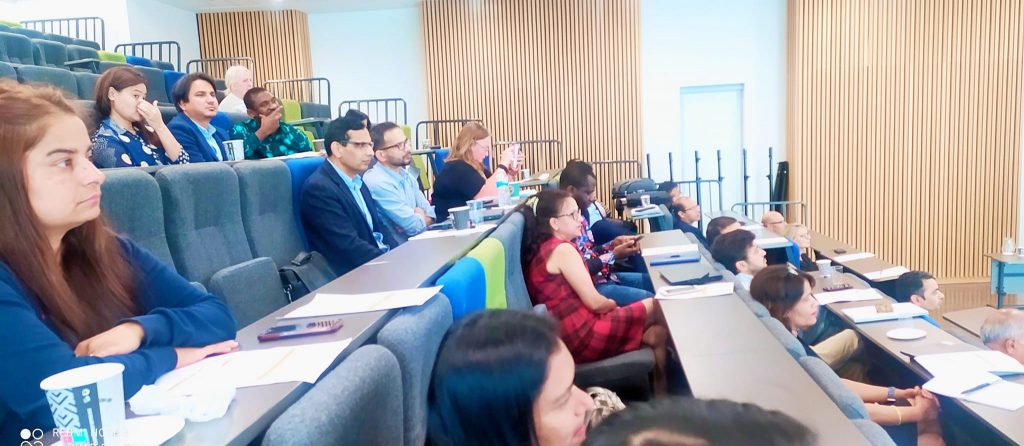
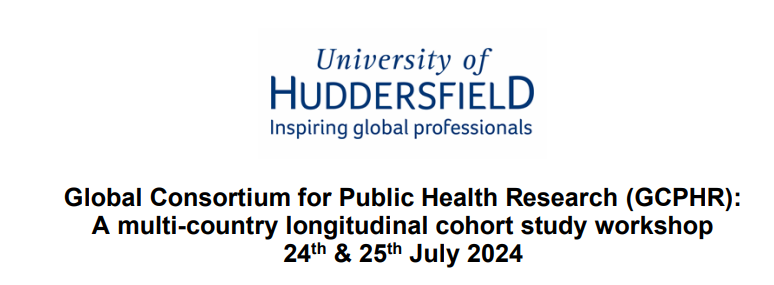
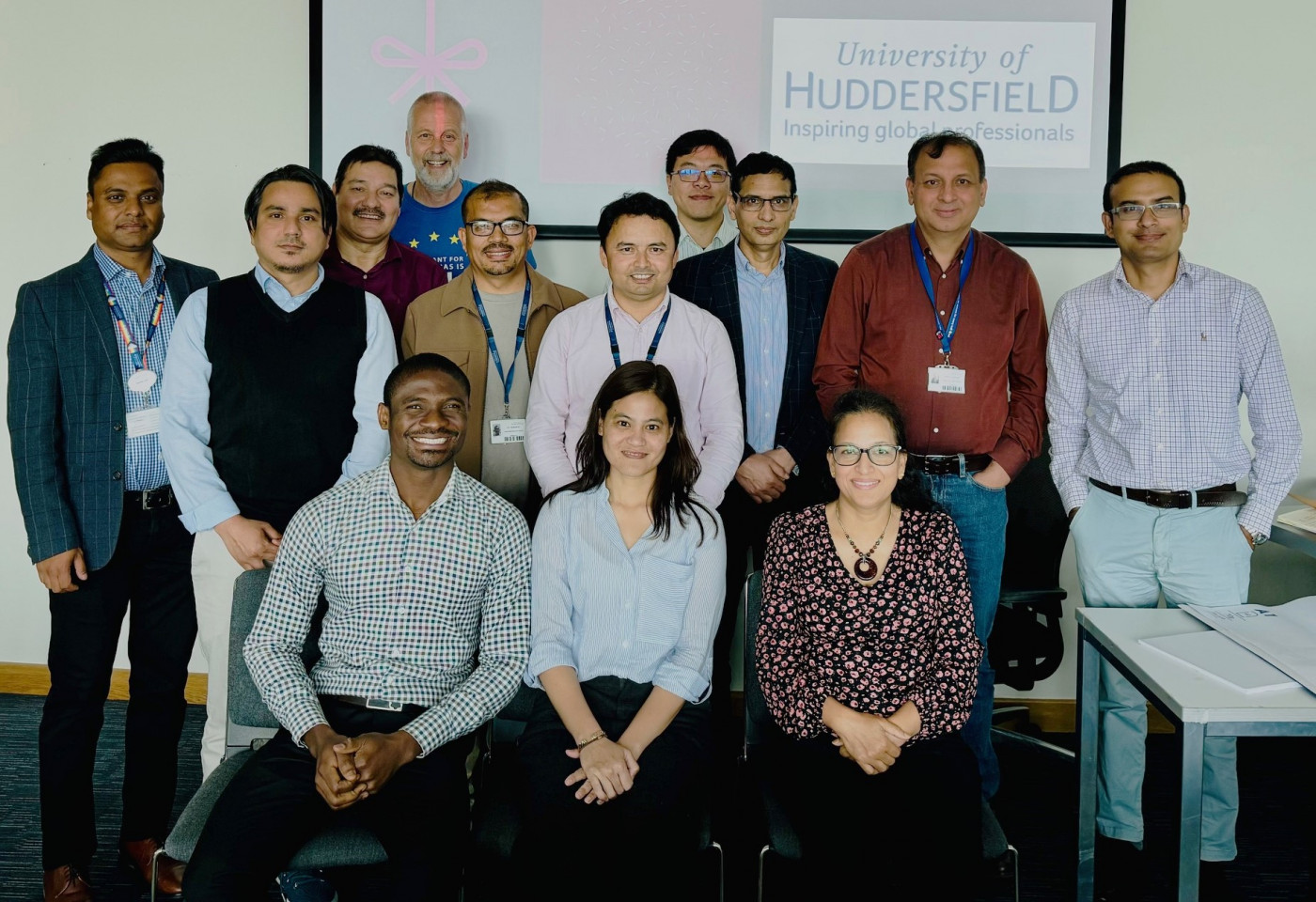
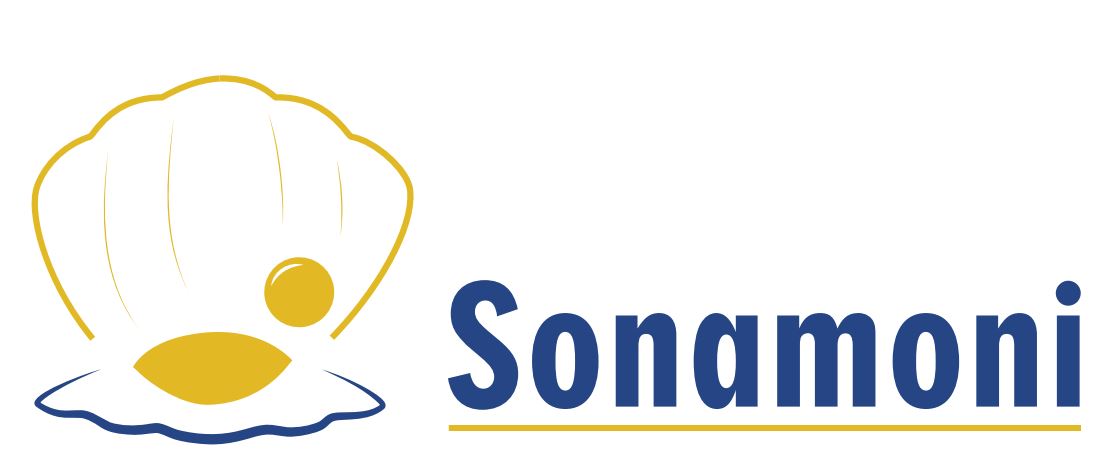



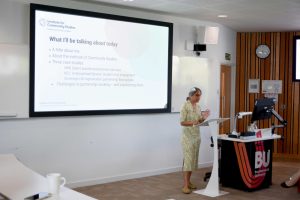
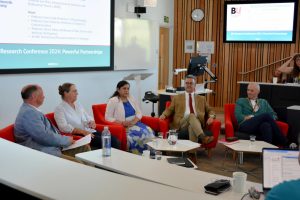
 There’s still time to book your place for the
There’s still time to book your place for the 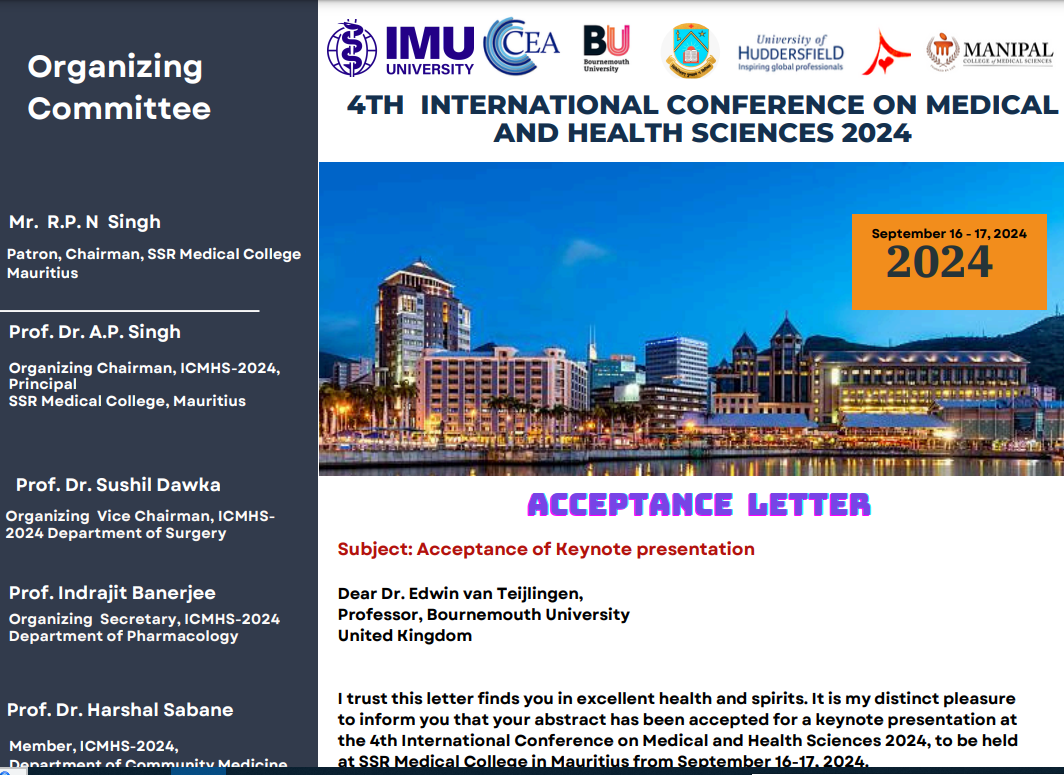
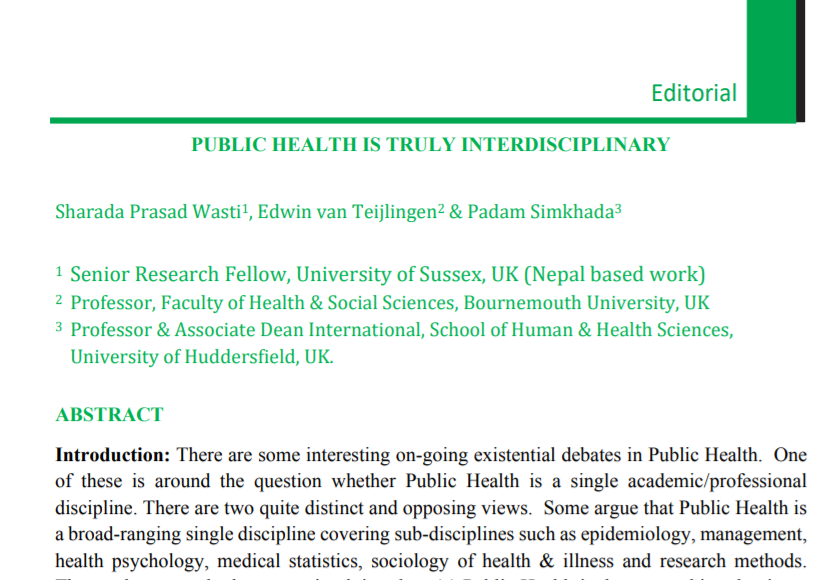

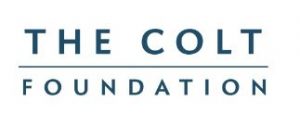
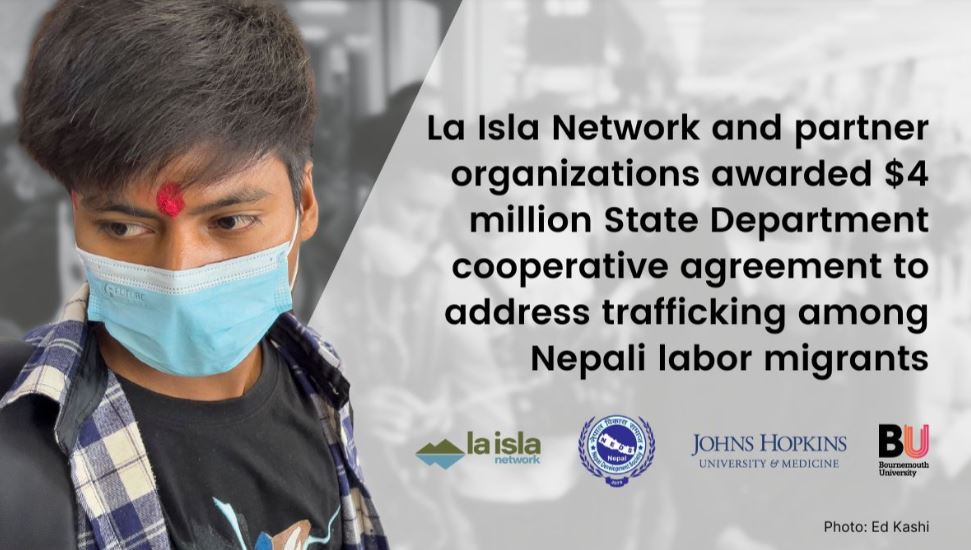

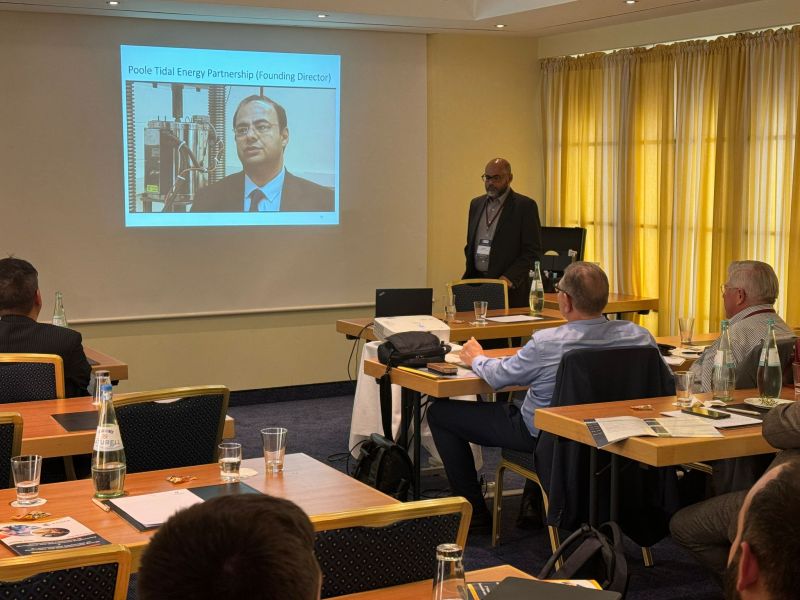




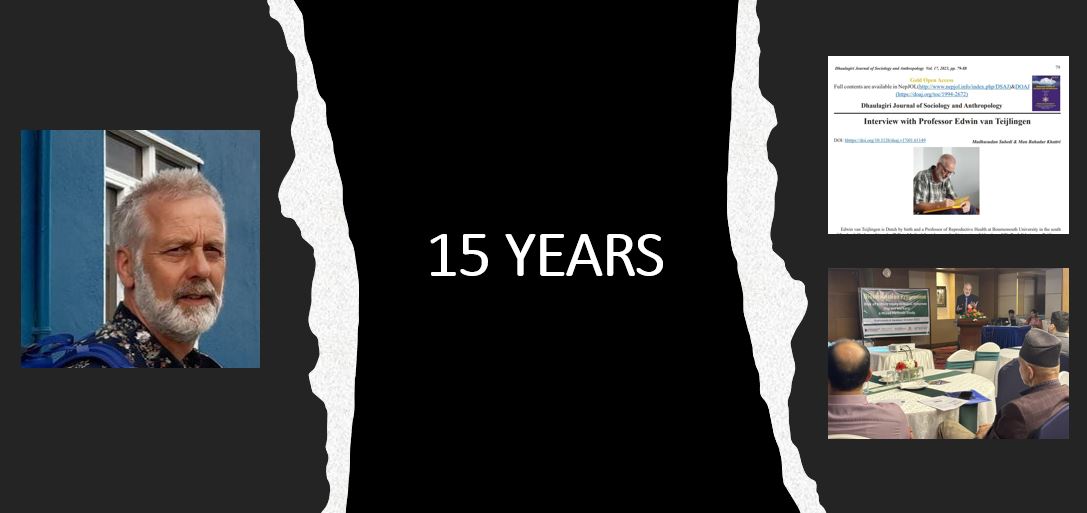




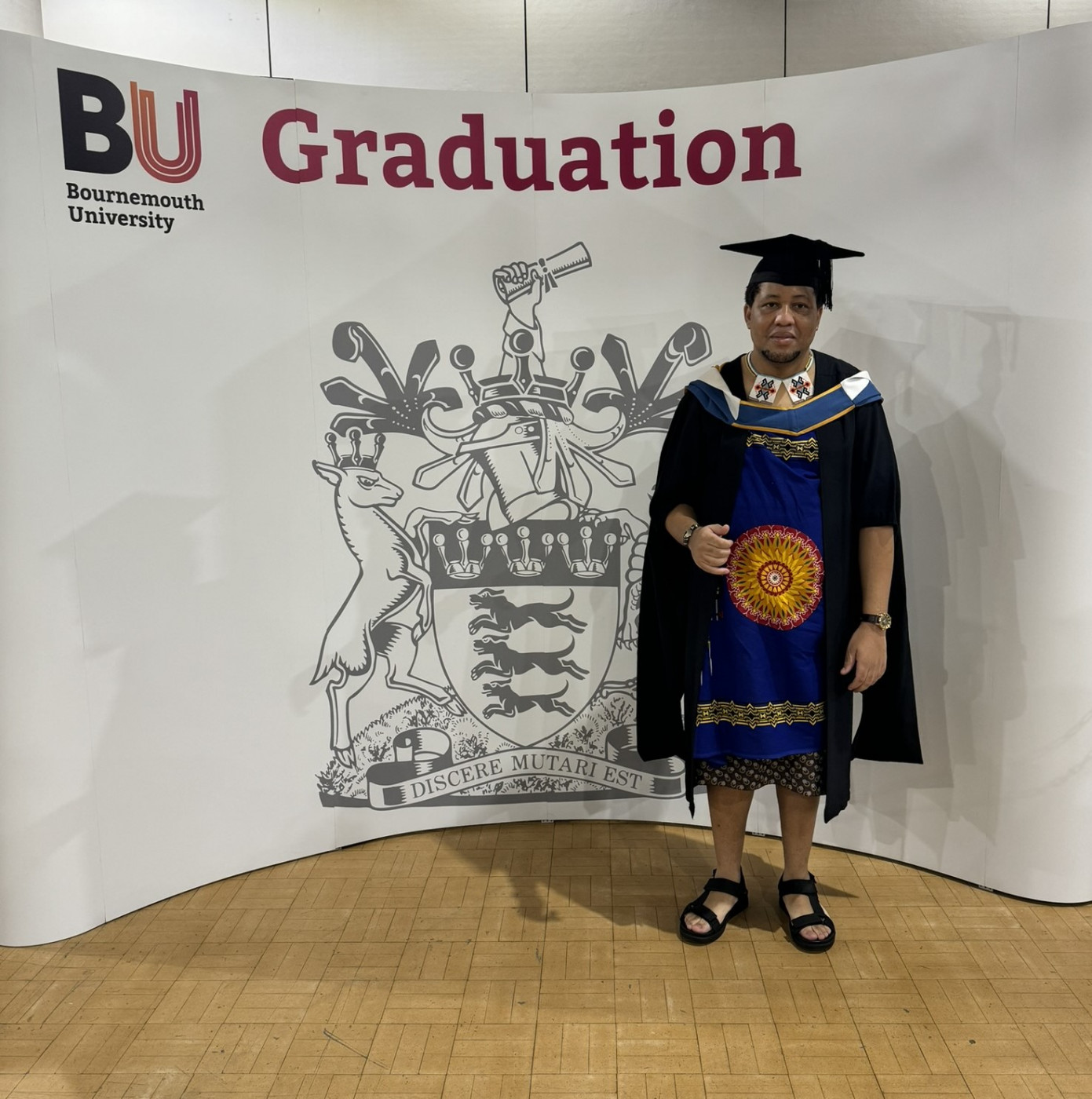
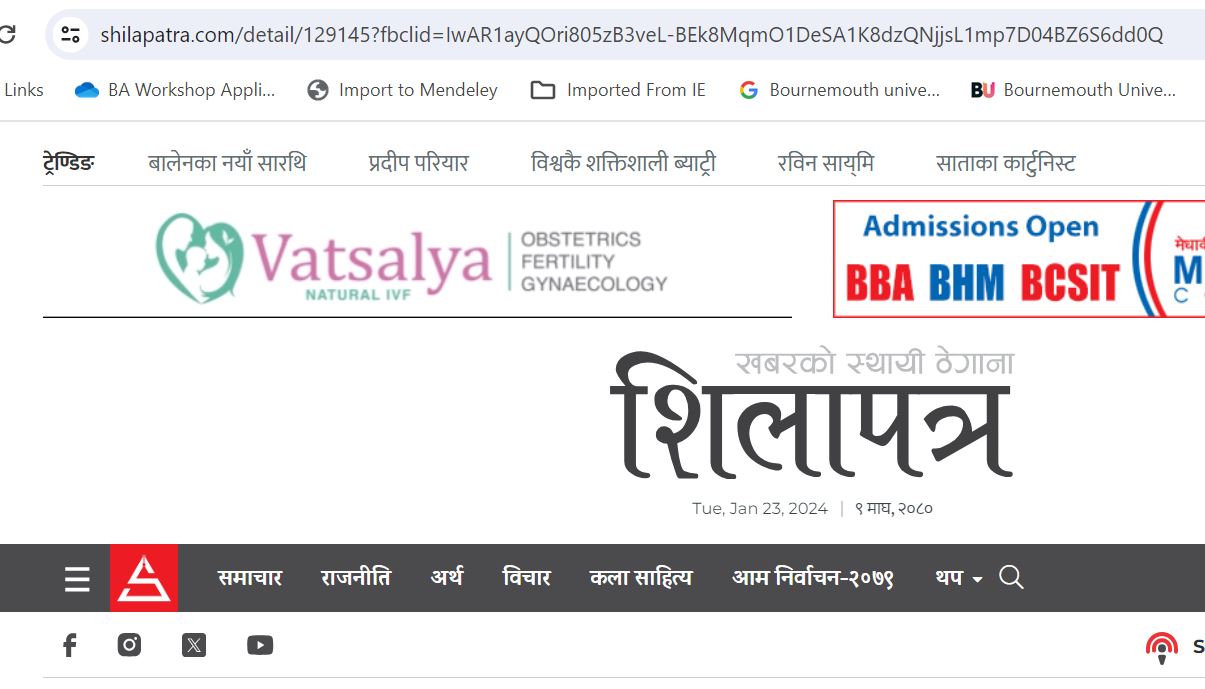
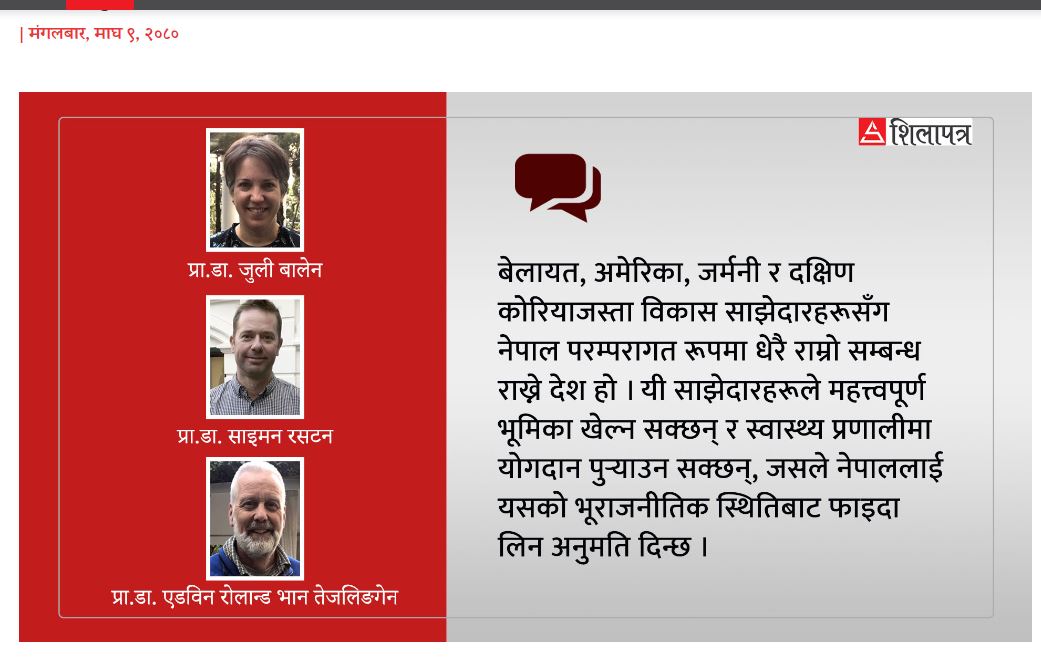
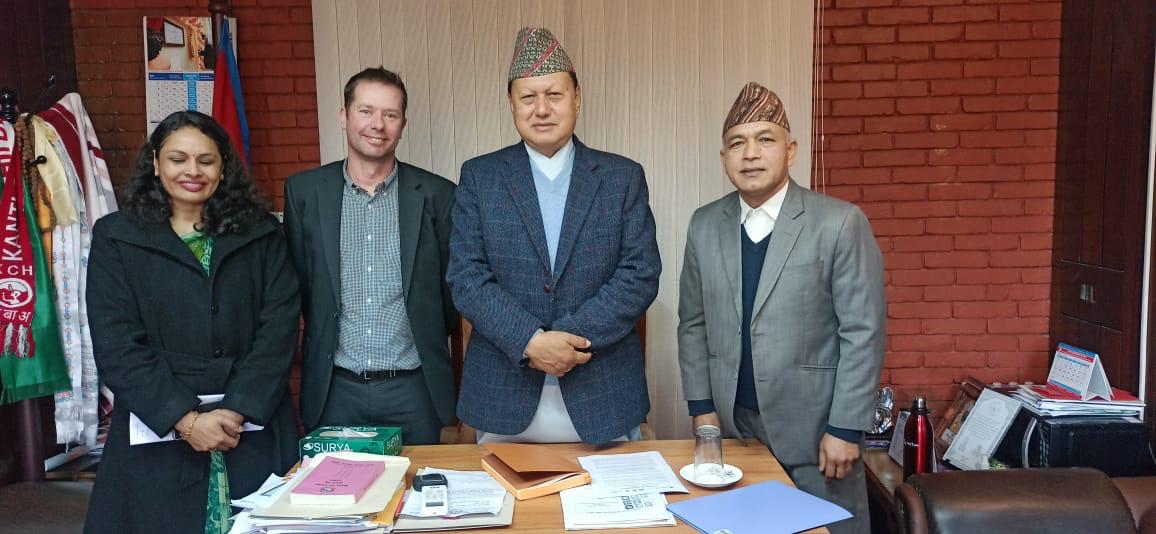
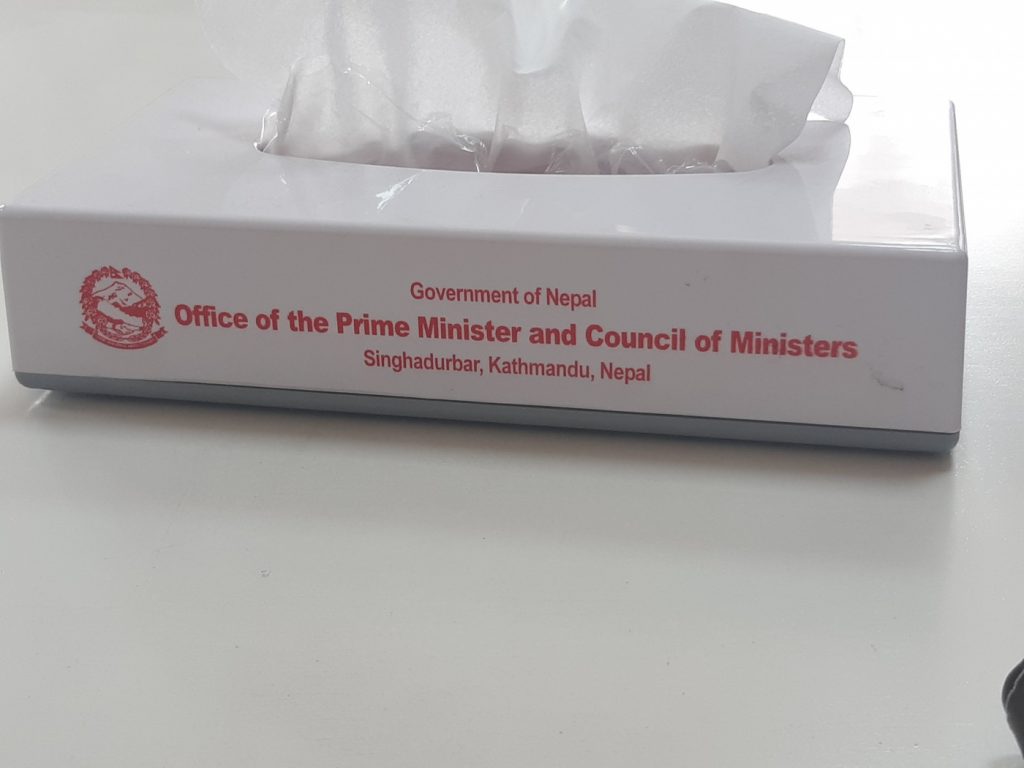











 Second NIHR MIHERC meeting in Bournemouth this week
Second NIHR MIHERC meeting in Bournemouth this week Dr. Ashraf cited on ‘Modest Fashion’ in The Guardian
Dr. Ashraf cited on ‘Modest Fashion’ in The Guardian NIHR-funded research launches website
NIHR-funded research launches website MSCA Postdoctoral Fellowships 2025 Call
MSCA Postdoctoral Fellowships 2025 Call ERC Advanced Grant 2025 Webinar
ERC Advanced Grant 2025 Webinar Horizon Europe Work Programme 2025 Published
Horizon Europe Work Programme 2025 Published Horizon Europe 2025 Work Programme pre-Published
Horizon Europe 2025 Work Programme pre-Published Update on UKRO services
Update on UKRO services European research project exploring use of ‘virtual twins’ to better manage metabolic associated fatty liver disease
European research project exploring use of ‘virtual twins’ to better manage metabolic associated fatty liver disease